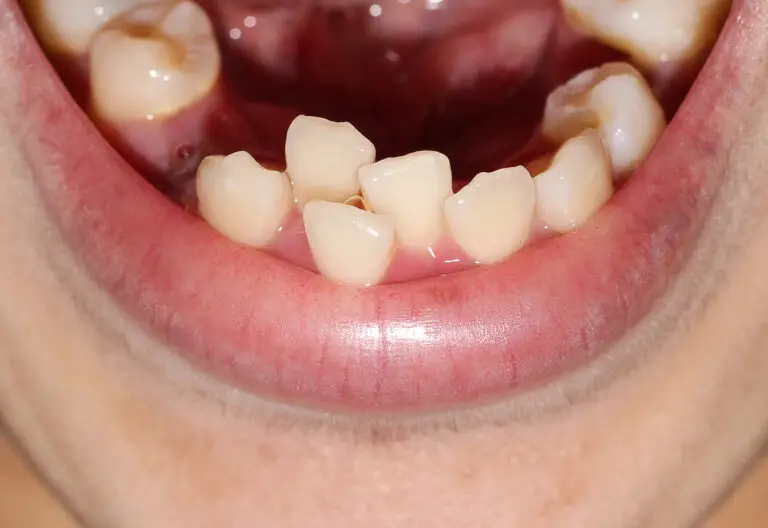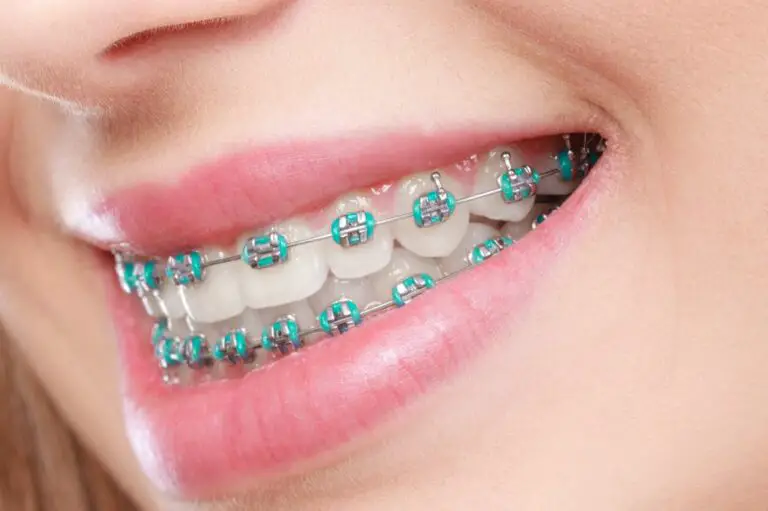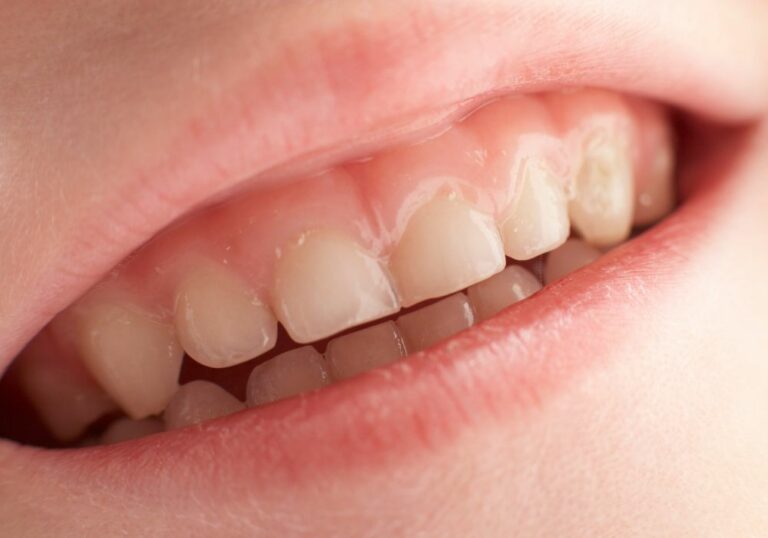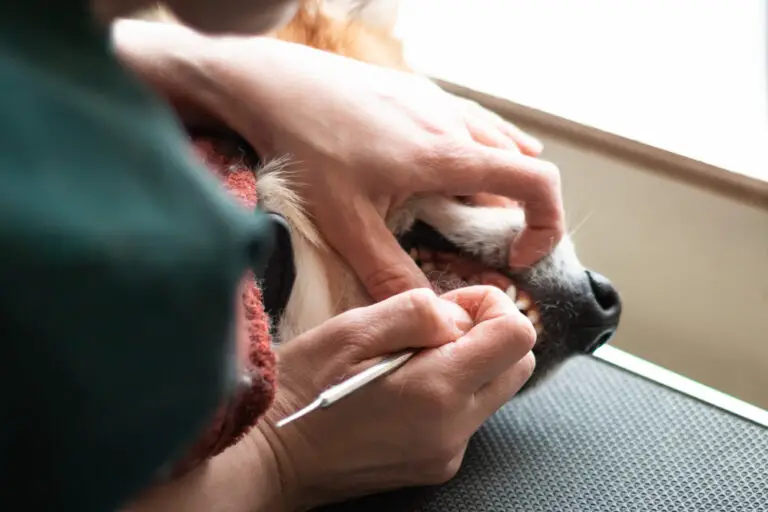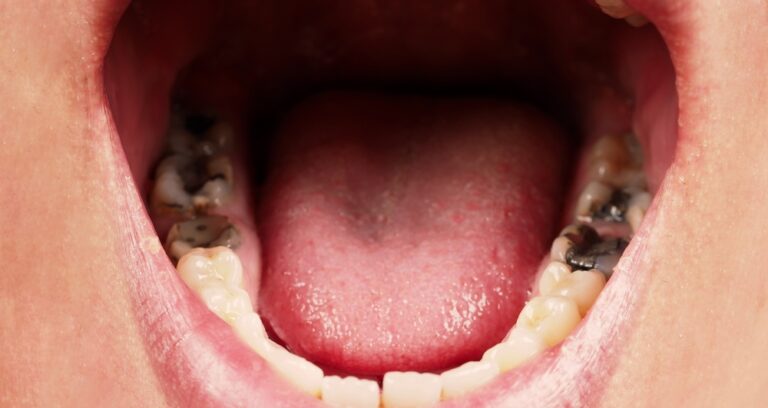Do you suspect that you may have wisdom teeth coming in? Wisdom teeth, also known as third molars, are the last teeth to develop in your mouth and usually emerge between the ages of 17 and 25. However, not everyone develops wisdom teeth, and some people may have them without even realizing it. In this article, we will explore how you can tell if you have wisdom teeth at home.
One way to check for the presence of wisdom teeth is to look at the back of your mouth in a well-lit area. If you notice a set of molars at the very back of your mouth, you may have wisdom teeth. However, not all wisdom teeth are visible, and some may be impacted or partially erupted, making them difficult to see.
Another way to tell if you have wisdom teeth is to pay attention to any discomfort or pain in the back of your mouth. Wisdom teeth can cause pain, swelling, and tenderness in the gums, especially if they are impacted or infected. If you experience any of these symptoms, it is important to see a dentist for an evaluation and treatment.
Understanding Wisdom Teeth
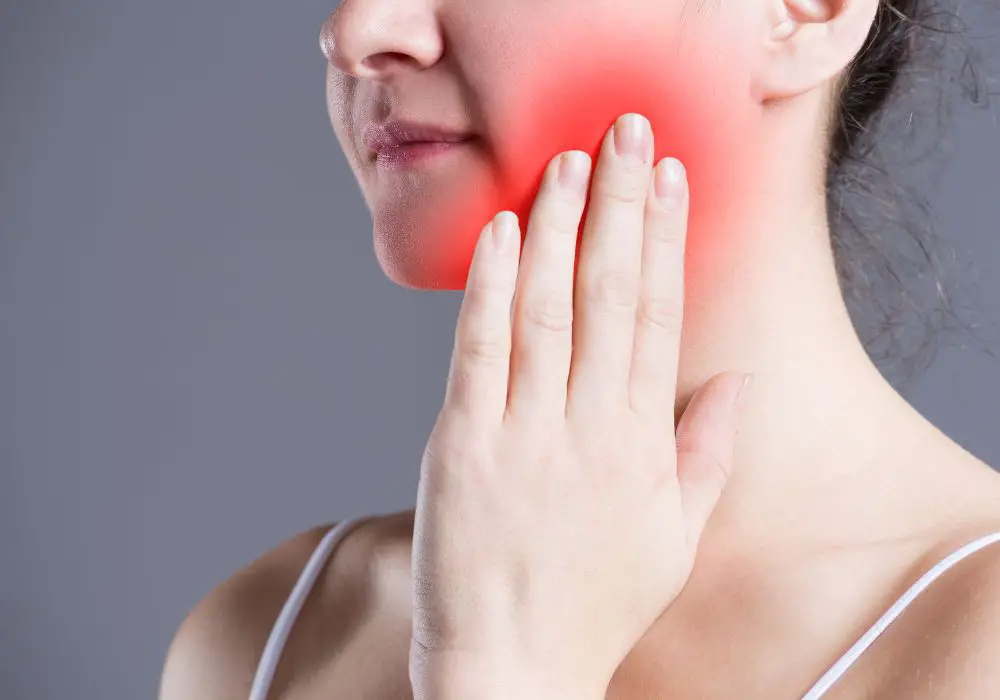
Wisdom teeth are the last set of molars to grow in the back of your mouth. They usually appear between the ages of 17 and 25, but not everyone gets them. Some people have all four, while others have none at all.
Wisdom teeth can cause problems if they don’t grow in properly. They can become impacted, meaning they are stuck in your jaw and can’t emerge. This can cause pain, swelling, and infection. In some cases, impacted wisdom teeth can also damage other teeth or cause crowding.
If you’re not sure whether you have wisdom teeth, you can check by looking in a mirror. Open your mouth wide and look at the very back sections of your upper and lower jaws. Wisdom teeth are located at the farthest back points on each side of your mouth.
It’s important to keep an eye on your wisdom teeth and visit your dentist regularly. Your dentist can take x-rays to see if your wisdom teeth are growing in properly and recommend treatment if necessary. If you’re experiencing pain or swelling in the back of your mouth, it’s important to see your dentist right away.
Identifying Wisdom Teeth at Home
If you’re wondering whether you have wisdom teeth or not, there are a few things you can do to check for their presence. Here are some ways to identify wisdom teeth at home:
Observe Your Mouth
The first thing you can do is to open your mouth and look at the back sections of your upper and lower jaws using a spoon, flashlight, or dental mirror. Wisdom teeth are located at the farthest back points on each side of your mouth. If you see teeth in these areas, they could be your wisdom teeth.
Feel for Pain or Discomfort
Another way to tell if you have wisdom teeth is by feeling for pain or discomfort in the back of your mouth. Wisdom teeth can cause discomfort when they start to emerge or if they’re impacted and unable to come in properly. If you experience any pain or discomfort in your back teeth, it’s possible that you have wisdom teeth.
Look for Swelling or Redness
You can also check for swelling or redness in the back of your mouth, which can be a sign of wisdom teeth coming in. If your gums are swollen or red in the back of your mouth, it could be a sign that your wisdom teeth are starting to emerge or that they’re impacted.
Keep in mind that not everyone develops wisdom teeth, and some people may have them but never experience any symptoms. If you’re unsure whether you have wisdom teeth or not, it’s always best to consult with a dentist for a professional evaluation.
In summary, identifying wisdom teeth at home can be done by observing your mouth, feeling for pain or discomfort, and looking for swelling or redness. However, it’s important to note that not everyone develops wisdom teeth and consulting with a dentist is always recommended for a professional evaluation.
Recognizing Symptoms of Impacted Wisdom Teeth
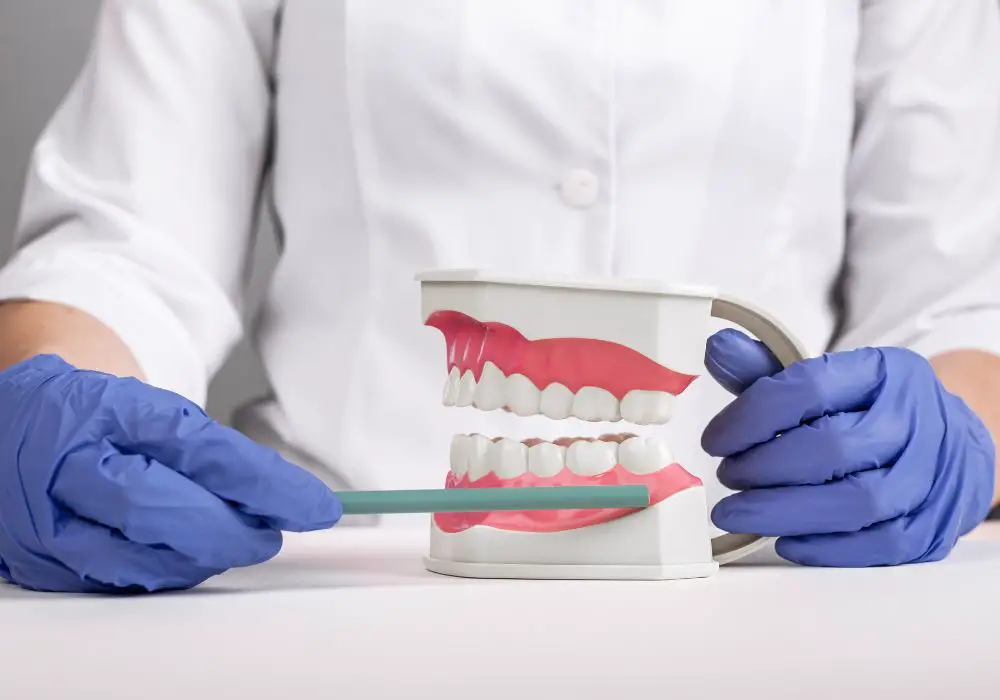
If you have wisdom teeth, it is essential to be aware of the signs of impacted wisdom teeth. Impacted wisdom teeth are those that do not have enough room to emerge or grow normally, causing pain and discomfort. Here are some of the symptoms to look out for:
Persistent Pain
One of the most common signs of impacted wisdom teeth is persistent pain in the back of your mouth. This pain can be dull, sharp, or throbbing and may be accompanied by swelling and redness in the gums. You may also experience pain when you bite down or chew food.
Difficulty in Opening Mouth
Another sign of impacted wisdom teeth is difficulty in opening your mouth. This can be due to the swelling and inflammation caused by the impacted tooth. You may also experience stiffness in your jaw and difficulty in moving it.
Bad Breath or Taste
Impacted wisdom teeth can also lead to bad breath or an unpleasant taste in your mouth. This is because the impacted tooth can trap food particles and bacteria, leading to infection and bad breath.
If you experience any of these symptoms, it is essential to see your dentist as soon as possible. Your dentist can examine your teeth and take X-rays to determine if your wisdom teeth are impacted. Early detection and treatment of impacted wisdom teeth can prevent further complications and ensure good oral health.
When to Consult a Dentist

If you suspect that you have wisdom teeth, it is important to consult a dentist. A dentist can examine your mouth and determine if you have wisdom teeth, and if they need to be removed. Here are some signs that you should consult a dentist:
Severe Pain
If you are experiencing severe pain in the back of your mouth, it could be a sign that your wisdom teeth are coming in. This pain can be caused by the pressure of the wisdom teeth pushing against your other teeth. If the pain is severe and does not go away, you should consult a dentist. They can take an X-ray to see if your wisdom teeth are causing the pain.
Infection Signs
If you notice any signs of infection around your wisdom teeth, such as redness, swelling, or pus, you should consult a dentist. These signs can indicate that your wisdom teeth are impacted or infected, which can be a serious problem if left untreated. Your dentist can prescribe antibiotics to treat the infection and recommend the best course of action for your wisdom teeth.
Difficulty in Eating
If you are having difficulty eating or opening your mouth, it could be a sign that your wisdom teeth are causing problems. This can be due to the pressure of the wisdom teeth pushing against your other teeth, or because the wisdom teeth are impacted. If you are experiencing difficulty in eating or opening your mouth, you should consult a dentist. They can examine your mouth and determine if your wisdom teeth are causing the problem.
In summary, if you are experiencing severe pain, signs of infection, or difficulty in eating, you should consult a dentist. They can examine your mouth and determine if your wisdom teeth are causing the problem and recommend the best course of action.
Frequently Asked Questions
What are the symptoms of wisdom teeth coming in?
The symptoms of wisdom teeth coming in can include pain, swelling, and tenderness in the back of your mouth. You may also experience difficulty opening your mouth, bad breath, and a bad taste in your mouth.
How can I check if I have wisdom teeth without going to a dentist?
You can check if you have wisdom teeth by looking in a mirror and examining the back of your mouth. Wisdom teeth are located in the very back of your mouth and are the last teeth to come in. If you see four teeth at the back of your mouth, you likely have wisdom teeth.
What do wisdom teeth look like when they are coming in?
Wisdom teeth can look different depending on the person. They may be fully or partially erupted, or they may still be impacted. When wisdom teeth are coming in, they may appear as small bumps on the gums.
At what age do most people get their wisdom teeth?
Most people get their wisdom teeth between the ages of 17 and 25. However, some people may get their wisdom teeth earlier or later than this.
What are some signs that my wisdom teeth may need to be removed?
Some signs that your wisdom teeth may need to be removed include pain or discomfort in the back of your mouth, swelling, and difficulty opening your mouth. Your dentist may also recommend removing your wisdom teeth if they are impacted or causing problems with your other teeth.
Can something else be mistaken for wisdom teeth coming in?
Yes, other teeth can be mistaken for wisdom teeth coming in. For example, some people have extra molars that can be mistaken for wisdom teeth. Additionally, some people may experience pain in the back of their mouth due to other dental issues, such as gum disease or tooth decay.

